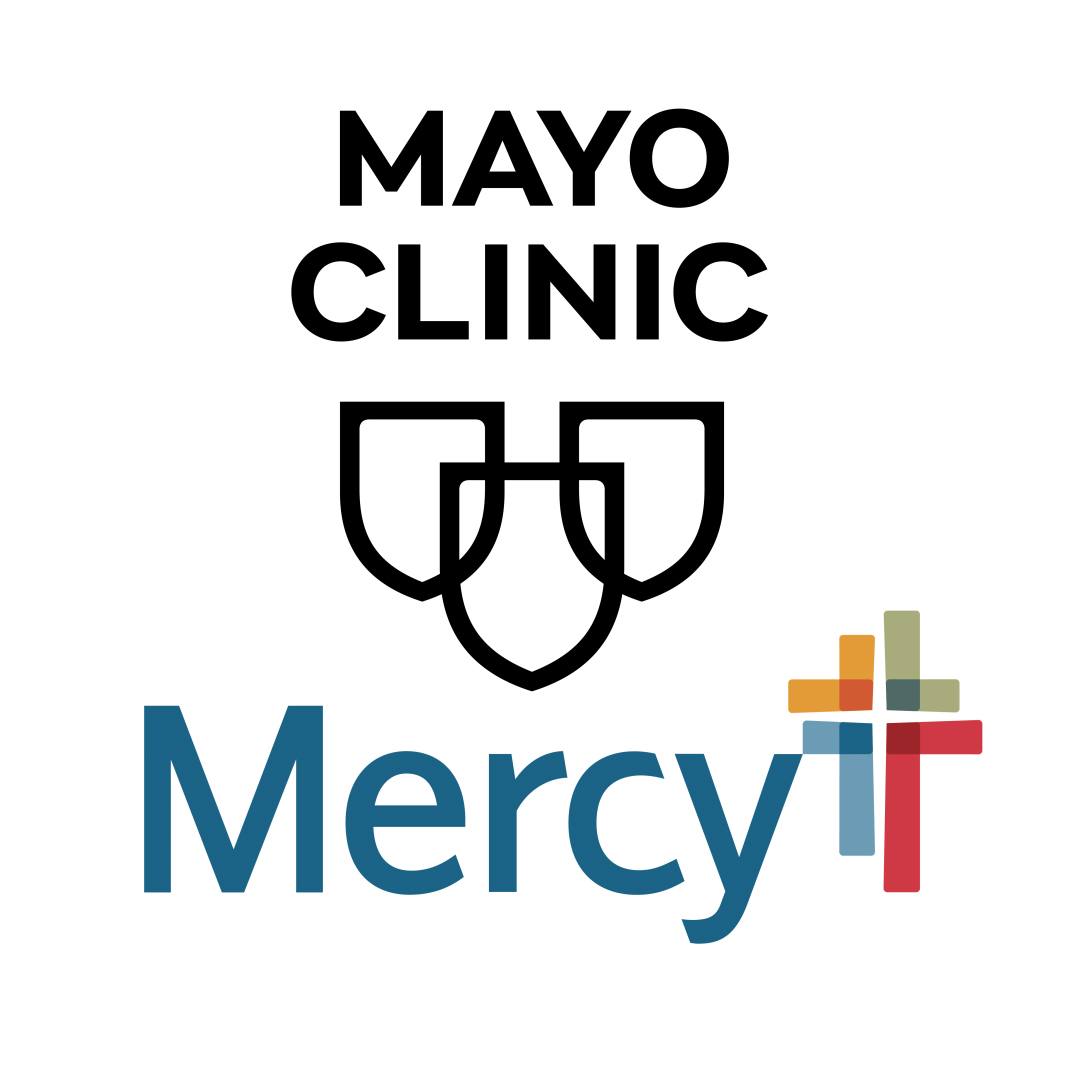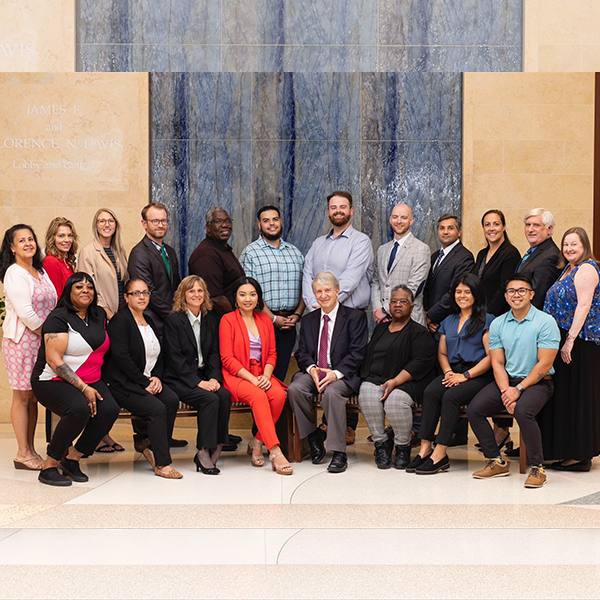-
Research
Sequencing 100,000: Toward a Better Biobank
Mayo Clinic is collaborating with Regeneron, a leading science and technology company, to generate whole exome sequencing and genotype data of 100,000 DNA samples from consented participants in research studies at Mayo, including the Mayo Clinic Biobank. This collaboration will result in one of the more comprehensive genomics databases in the world, and will enable researchers to learn more about how genes affect health and disease.

“Research findings from this database may lead to new knowledge about which genes put people at risk for certain diseases, and which ones affect how people respond to treatment,” says Keith Stewart, M.B., Ch.B., Carlson and Nelson Endowed Director, Mayo Clinic Center for Individualized Medicine. “This knowledge may eventually lead to better treatments and preventive measures for many diseases, including common illnesses such as cancer and heart disease.”
“Having access to large scale sequencing and genome wide analysis will help our researchers identify new associations between genetic variants and all phenotypic traits,” says Dr. Stewart. “With Mayo Clinic’s superior research capabilities, patients with serious, complex and rare conditions can be confident they will receive an accurate diagnosis and innovative treatments — faster and more effectively.”







